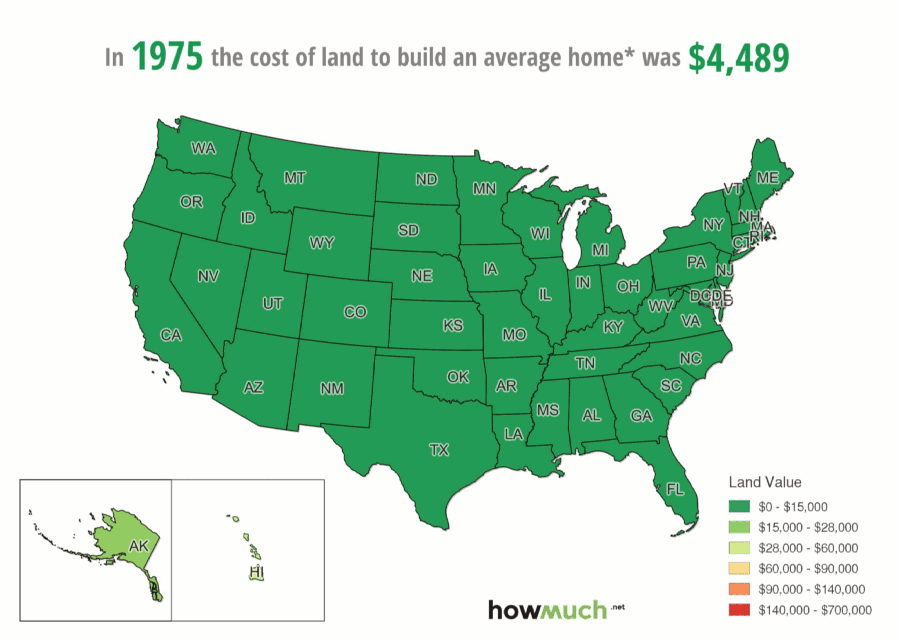Why is buying undeveloped land such a great investment?
Let’s start this article off by reading some quotes from some of the most successful people in history.
What did they have to say about owning a piece of real estate?

“Real estate cannot be lost or stolen, nor can it be carried away. Purchased with common sense, paid for in full, and managed with reasonable care, it is about the safest investment in the world.”
-Franklin D. Roosevelt US President 1933-1941

“Ninety percent of all millionaires become so through owning real estate. More money has been made in real estate than in all industrial investments combined. The wise young man or wage earner of today invests his money in real estate.”
-Andrew Carnegie Scottish businessman and philanthropist
An educational article for land investment
Now that’s out of the way lets dig into the details of real estate investments. In particular, why buying raw land is a great investment for people just beginning to build there assets.
Why would you want to buy raw land over developed land?
Many first time real estate buyers often don’t have the money (capital) or credit (leverage) to buy a developed piece of property. This is usually a major barrier for entry for most people looking to diversify a portfolio with real estate. For this reason an undeveloped piece of property might be the best fit for a first time investor.
The Pros:
-The cost to purchase is usually significantly lower than a developed piece of property.
-Depending on the County the land resides, the taxes are reduced compared to developed land.
-The maintenance cost can be next to zero $ for raw land, depending on your personal preference of the lands aesthetics of course.
– The land can be used as recreational for camping, hiking, hunting, and frisbee golf, etc.
-Raw land can be a great place to grow fruits, vegetables, herbs, and live-stock. Remember to check county regulations first!
-Over time, real-estate price has generally gone up in price consistently.
 Above is the average appreciation of land value across the United States for the past 44 Years. You can see even during the 2008 recession, the value of land has only gone up.
Above is the average appreciation of land value across the United States for the past 44 Years. You can see even during the 2008 recession, the value of land has only gone up.
The Cons:
-Depending on the land’s County ordinances and regulations, land can be costly to develop on.
-Plots of land that are not developed on with structures are often less attractive when it comes time to sell.
-Land plots can sometimes be remote and inaccessible during certain seasons.
-Land is zoned for different use cases, which means people are restricted to develop it by what the County has put in place.
There is another thing to consider which is both a pro and a con. This is a fact that banks do not tend to lend money for a undeveloped lot of land. That in itself can be a con but a con for people who don’t have the cash to purchase a piece of land outright. The pro however, is you can purchase land through owner financing or sale. Which allows for you to purchase land with out credit checks. This is helpful for those people who want to buy land but don’t have any established credit. It also can eliminate some of the hoops a person has to jump through when using a bank.
Please be aware before making a purchase that the seller is the deed owner and the title of the land is clearly in their name. We cannot stress this enough to avoid problems that can result in legal issues.
We hope with this knowledge we have helped you make a more informed decision before purchasing real estate. Particularly when it comes to weighing the decisions between undeveloped land to developed land. Oregon Land has been selling land in Southern Oregon with over 30 years of experience now. You can see a list of the most frequently asked questions in the counties we operate in here
This way you can get an idea of what to look for.
If this information was valuable to you we would appreciate any feedback. Liking and sharing this content lets us know it was useful and might help someone who is looking for information on purchasing land in southern Oregon.
Like, Follow and Share us on Social Media with these links






